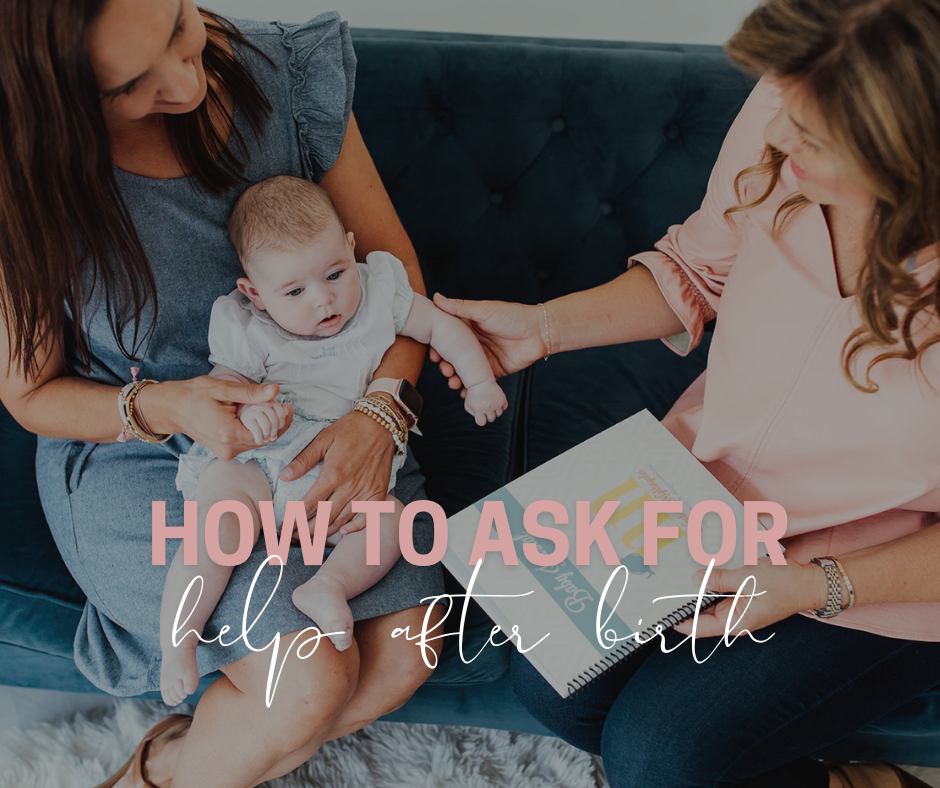Get Ready For Daylight Savings Time on November 2nd
- Oct 27, 2025
- 2 min read

It’s that time of year again – daylight savings 2025. And maybe last year your biggest worry was adjusting your alarm clock. But now, you’re wondering how to help your newborn adjust to a new sleep schedule once the hours shift. (Still adjust your alarm clock, though!)
Keep reading to learn about preparing for the time change so both you and your little one can sleep through the night!
Adjusting to Daylight Saving Time with a Newborn
As you probably already know, babies rely on routines – not on what the clock says. But when we “fall back” on November 2nd, the one-hour shift can throw off:
Sleep patterns
Feeding times
Nap schedules
And little ones are likely to get fussy about the routine changes – especially if they just got used to them. So, expect your little one to wake up earlier in the mornings and potentially have trouble falling asleep at night.
The Key? Start Preparing for Daylight Savings Time Now!
While it may seem easier to keep your little one up an extra hour the night of the time change, don’t do it! This kind of immediate adjustment may work for you, but newborns need a little more training.
Experts recommend adjusting your sleep schedule at least 3-5 days before daylight saving time. Starting earlier will allow you more time to gradually push bedtime (and hopefully waking time with it) back by smaller, more manageable increments.
Here are a few ways to make adjusting your newborn’s sleep schedule easier:
Shift bedtime by just 10-15 minutes each day leading up to November 2nd.
Adjust feeding and nap times incrementally as bedtime changes.
Keep lights dimmed in the morning and brighter during the day to help adjust circadian rhythms.
If you aren’t already, start using white noise and a calming bedtime routine to support sleep quality.
And once the clocks change, your little one might still wake earlier than usual. To prevent this from becoming the new norm, try to get outside during the day by going on a walk or spending time at the park. This can help you push off nap time, which will support better sleep at night.
If time has gotten away from you and you didn’t start adjusting your routines before the time fell back, don’t worry! It should still only take about 3-5 days for you and your baby to get settled into this new routine.
Support for Texas Parents
Daylight savings time can be tough – for newborns and parents alike! And adjusting to a new schedule when you’re already sleep-deprived? That’s even more difficult!
Overnight newborn care can make all the difference in keeping your routine intact while the clocks shift. At Newborn Nightingales, our professional night nurses know how to help your little one stick with a sleep routine – and you can get some much-needed rest.
Our services include overnight care, daytime support, or in-home consultations. And with each of these, we can give you all the answers you’re looking for about caring for your newborn. (Including, “Wait, when is daylight savings again?”) Your family's sleep is invaluable, which is exactly why we do what we do!



Comments